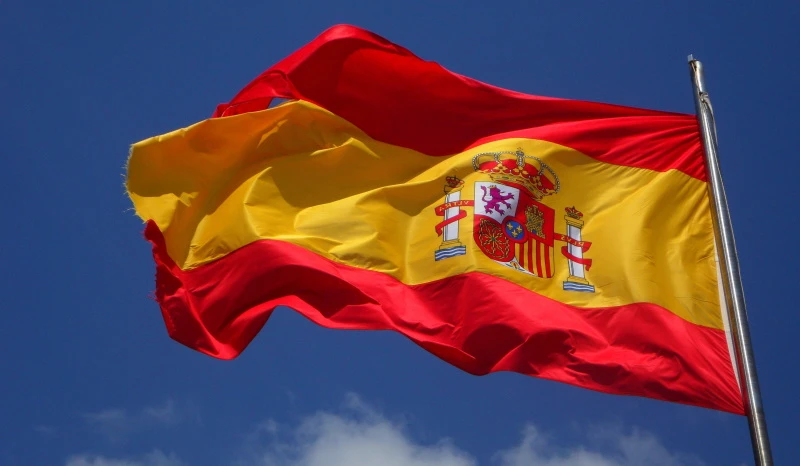Spain sees double digit rise in online gambling self-exclusions

Some 56,329 people have now registered with Registro General de Interdicciones de Acceso al Juego (RGIAJ), which was set up by the country’s gambling regulator Dirección General de Ordenación del Juego (DGOJ) in 2015. That figure is up by 12.02% – 6,042 registrations – compared to last year.
Andalusia, which is Spain’s most populous region, accounts for 24.5% of self-exclusions, growing by 7.1% new registrations in 2020 to 13,811. The area around capital city Madrid was second at 17.0%, growing by 13.1% to 9,591.
The region with the greatest growth in registrations through 2020 was the Balearic Islands autonomous community, which saw a 56.9% increase to 1,183.
The figures follow Spain’s Ministry for Consumer Affairs setting out its priorities to further tighten gambling regulations in the coming year.
This will see the regulator enforce advertising restrictions implemented late in 2020, as well as changes to regulatory fees for licensees.
The RGIAJ currently only shows the data of people who exclude themselves from online gambling at state level and there is no connection – with the exception of the Castilla-La Mancha region – with the records of the Comunidades Autónomas (CCAA) on land-based gambling.
In practice, it means that a person who has registered with the Ministry of Consumer Affairs cannot access online gambling portals, which are under state jurisdiction. They can, however, access physical gambling establishments, which are autonomous, unless their regulations prevent it.
Similarly, a person who has registered in the registry of their autonomous community cannot access a gambling establishment in their region, but they can do so in another.
Central government, the CCAA and the autonomous cities of Ceuta and Melilla are moving towards greater coordination of problem gambling policies.
Last September, the central and regional governments reached an agreement to interconnect the exclusion registers.
At the time, the measure was welcomed by online gaming association JDigital, which said it represents “an important advance in player protection”. It also pointed out that its members – which comprise more than 80% of licensed igaming operators in the country – had long been calling for the most.
“We are also making ourselves available to the government to share our skills and experience gained from operating in this industry to define and implement the mechanisms that can protect users in the most efficient way,” it said.
